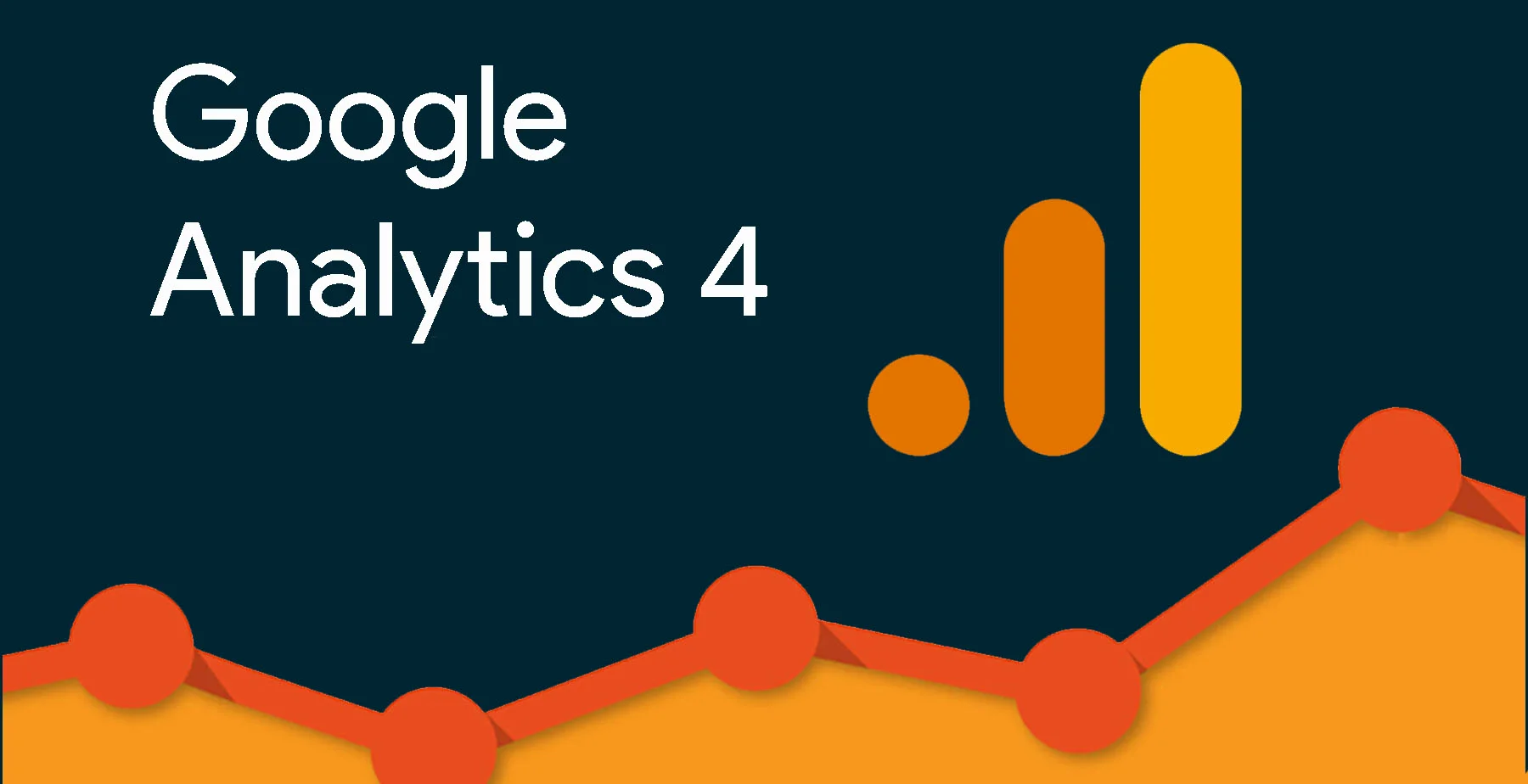Are you a business owner looking to understand what digital marketing is and how it can help your B2B operations thrive? You're in the right place. This guide breaks down the essentials of digital marketing into bite-sized, easy-to-understand pieces. From the importance of SEO to making the most of social media and content strategies, we cover the basics that every business owner should know. We answer the key question: "What is digital marketing?" and show you how it can be a game-changer in connecting with your audience and boosting your sales. Let's simplify digital marketing together, turning it into a powerful tool for your business growth.
Digital Marketing - Turning Clicks into Customers!


Key Takeaways:
- Digital marketing encompasses a range of online strategies to connect with potential customers.
- SEO, content marketing, social media, email marketing, PPC, and affiliate marketing are key components.
- B2B digital marketing strategies should focus on creating high-quality content, leveraging social media (especially LinkedIn), and personalizing email marketing efforts.
- Measuring the success of digital marketing involves tracking KPIs like conversion rates and ROI.
Table of Contents:
1. Introduction to Digital Marketing
2. The Importance of Digital Marketing in B2B
3. Key Components of Digital Marketing
a. Search Engine Optimization (SEO)
b. Content Marketing
c. Social Media Marketing
d. Email Marketing
e. Pay-Per-Click (PPC) Advertising
9. Affiliate Marketing
10. Digital Marketing Strategies for B2B
11. Measuring Success in Digital Marketing
12. Conclusion
Introduction to Digital Marketing
Digital marketing is the heartbeat of modern business strategy, tapping into the power of the internet and electronic devices to reach and engage audiences like never before. It's about using the digital world’s tools—search engines, social media platforms, email campaigns, and websites—to not just speak to your audience, but to listen and respond to their needs in real time. This approach contrasts sharply with traditional marketing's broad-strokes tactics, offering a level of precision and personalization that was once unimaginable.
The Importance of Digital Marketing in B2B
Understanding digital marketing is no longer optional for B2B business owners; it's essential. In a landscape where decision-makers increasingly start their buying journey online, your digital presence can set you apart from competitors, helping you capture and engage your ideal audience. Digital marketing offers a suite of benefits that traditional mediums simply can't match: targeted reach, measurable outcomes, and cost-effective scalability.
Firstly, digital marketing enables you to pinpoint your marketing efforts like a laser, reaching decision-makers in specific industries, companies, and even positions within those companies. This precision ensures that your marketing budget is spent engaging with those most likely to be interested in your offering, rather than casting a wide net and hoping for the best.
Secondly, the ability to track and analyze every aspect of your digital marketing campaigns in real-time allows for unparalleled agility and insight. You can see exactly what's working and what isn't, and adjust your strategies on the fly to maximize effectiveness. This continuous feedback loop leads to a deeper understanding of your market and more efficient use of your marketing budget.
Finally, digital marketing levels the playing field, allowing smaller businesses to compete with larger competitors in a way that's both cost-effective and impactful. Whether it's through content marketing that establishes your thought leadership, SEO that enhances your visibility, or social media strategies that engage and expand your audience, digital marketing provides a toolkit for growth and success in the digital age.
In essence, digital marketing is not just a channel for sales—it's a strategic imperative for understanding and meeting the needs of today's B2B buyers, building lasting relationships, and driving sustained business growth.
What are the Key Components of Digital Marketing
1. Search Engine Optimization (SEO)
SEO involves optimizing your website to rank higher in search engine results, thereby increasing organic (non-paid) web traffic. For example, a B2B company selling software solutions might use SEO to rank for keywords potential clients use when searching for such software.
Learn more about SEO here
2. Content Marketing
Content marketing focuses on creating and distributing valuable, relevant, and consistent content to attract and retain a clearly defined audience. A B2B marketer might publish whitepapers, case studies, or blog posts that address common industry challenges.
3. Social Media Marketing
This involves using social media platforms to promote your products or services. B2B businesses can use LinkedIn to share industry insights or Twitter to engage in conversations around relevant industry topics.
Learn more about the benefits of Social Media Marketing
4. Email Marketing
Email marketing is a direct way to reach and nurture leads. B2B companies often use email newsletters to keep subscribers informed about the latest industry news, product updates, or upcoming events.
5. Pay-Per-Click (PPC) Advertising
PPC is a model of internet marketing in which advertisers pay a fee each time one of their ads is clicked. B2B businesses might use Google Ads to appear at the top of search results for specific keywords.
6. Affiliate Marketing
This is a performance-based marketing where a business rewards one or more affiliates for each visitor or customer brought by the affiliate's own marketing efforts. It's less common in B2B, but can be used to form strategic partnerships with industry influencers.


Digital Marketing Strategies for B2B
Develop a Strong Website: Your website is often the first impression potential clients will have of your business. Ensure it's optimized, mobile-friendly, and informative.
Leverage LinkedIn: LinkedIn is a goldmine for B2B marketers, ideal for networking, sharing content, and generating leads.
Create High-Quality Content: Invest in creating high-quality, informative content that addresses the needs and challenges of your target audience.
Use Email Marketing Wisely: Segment your email list to send personalized, relevant information to different groups within your audience.
Measuring Success in Digital Marketing
Measuring success in digital marketing goes beyond just tallying up website visitors or lead counts; it's fundamentally about the efficiency and impact of those leads in becoming valued customers. To truly gauge the effectiveness of your digital marketing endeavors, focusing on Key Performance Indicators (KPIs) such as conversion rates, cost per lead, and return on investment (ROI) is crucial. These metrics offer a clear view of how well your strategies are performing, allowing for data-driven decisions that can significantly improve your marketing outcomes.
Conversion Rates: This metric reveals the percentage of your visitors or leads that complete a desired action, be it signing up for a newsletter, downloading a whitepaper, or making a purchase. Tracking conversion rates helps identify which digital channels and content types are most effective at guiding prospects through your sales funnel.
Cost per Lead: Understanding the cost associated with acquiring each lead highlights the efficiency of your marketing campaigns. By comparing the costs across different channels, you can allocate your budget more effectively, focusing on the most cost-efficient strategies to lower overall acquisition costs while maintaining quality leads.
Return on Investment (ROI): Perhaps the most critical metric, ROI measures the direct profit generated from your digital marketing efforts relative to their cost. An ROI analysis can help justify marketing expenditures by demonstrating their contribution to the bottom line, ensuring that your marketing budget is an investment, not just an expense.
By regularly monitoring these KPIs, you can refine your digital marketing strategies to better meet your audience's needs, optimize your budget, and ultimately drive more meaningful engagements. This continuous improvement cycle not only enhances your marketing efficiency but also fosters a deeper understanding of your market, enabling you to predict trends, adapt to changes, and maintain a competitive edge in the digital landscape. The benefits of diligently tracking and acting on these insights are clear: more effective marketing, better customer relationships, and sustained business growth.
Conclusion
Digital marketing stands as a cornerstone in the architecture of a successful B2B strategy, providing the advanced tools necessary to not only reach but truly connect with your target audience in ways that traditional marketing can't match. The journey through the digital landscape, from understanding its fundamentals to mastering its various components, paves the way for unparalleled growth and success. As you look to navigate this journey, remember that you're not alone.
We're right by your side, ready to walk you through every twist and turn of digital marketing, making sure your business doesn't just grow, but truly stands out in the digital world. Contact us today!. Together, we'll journey towards lasting growth and success, one step at a time.



